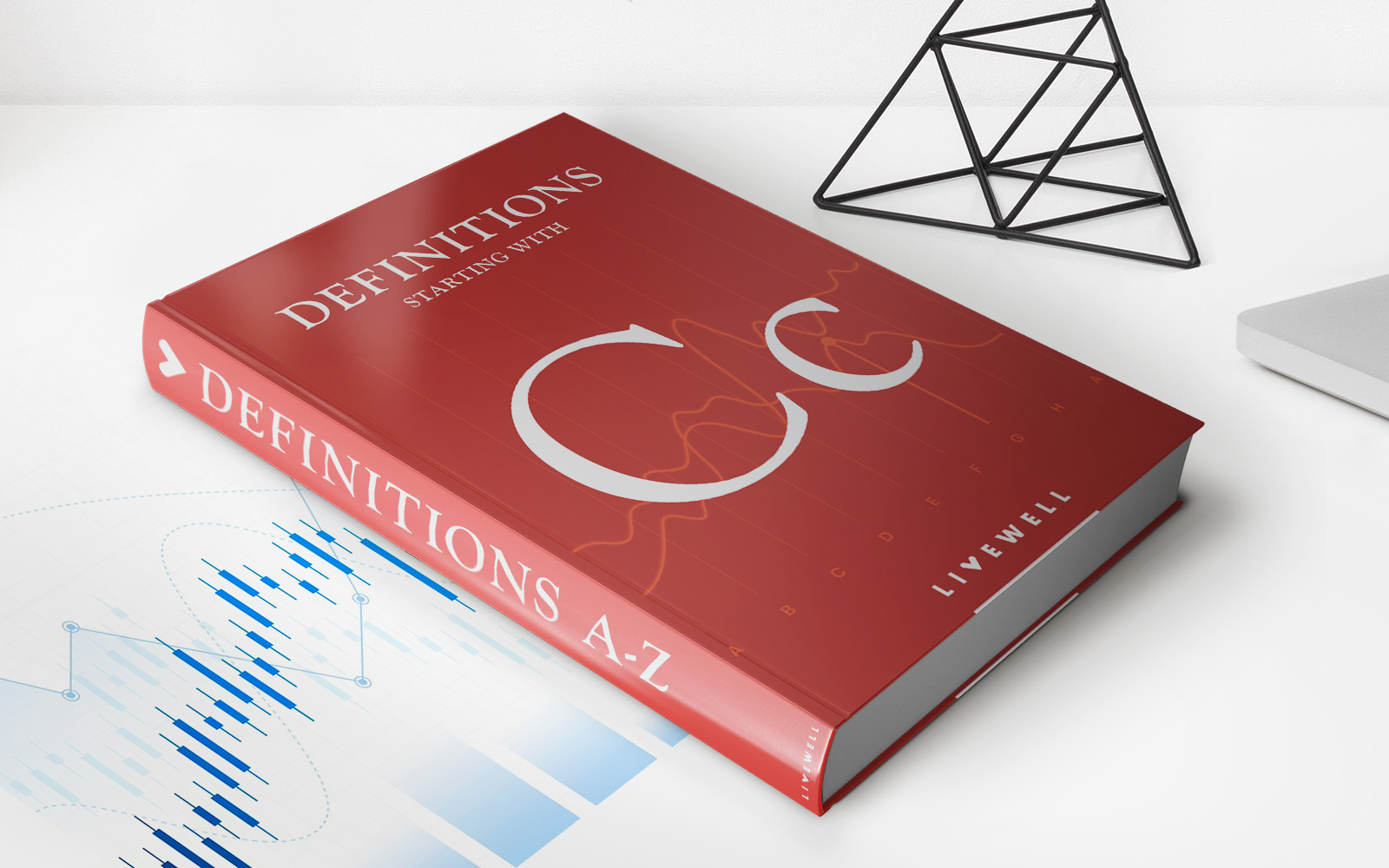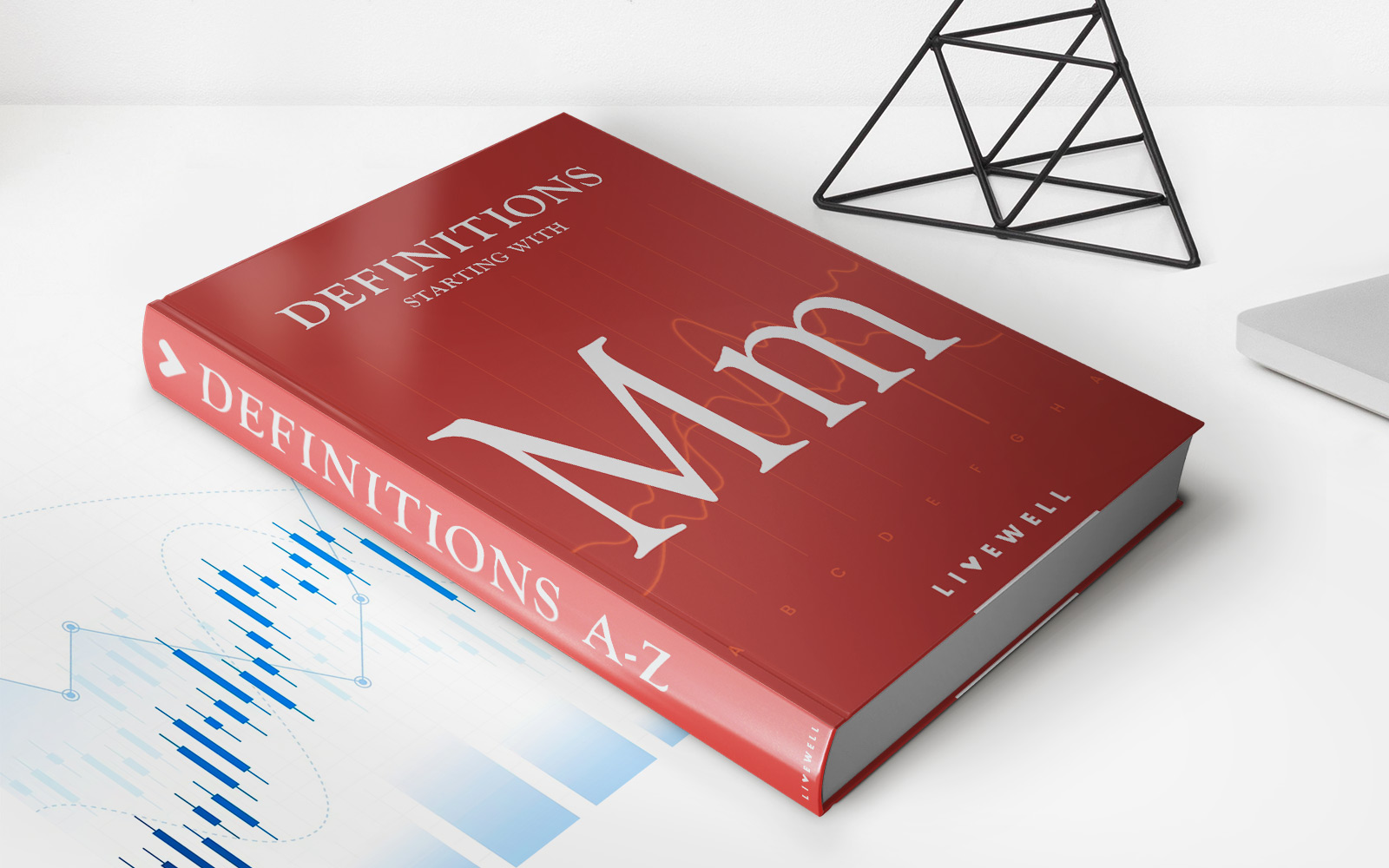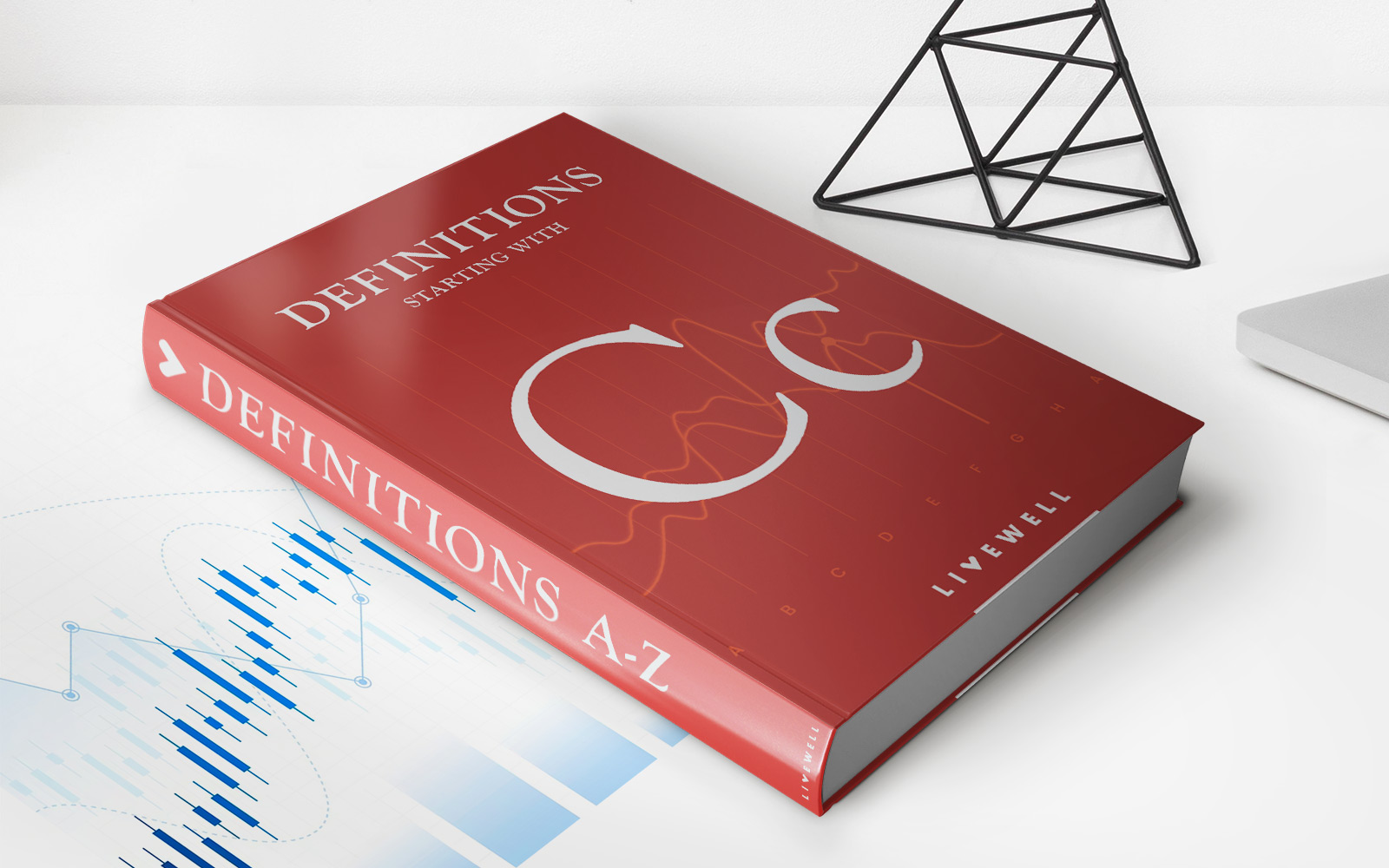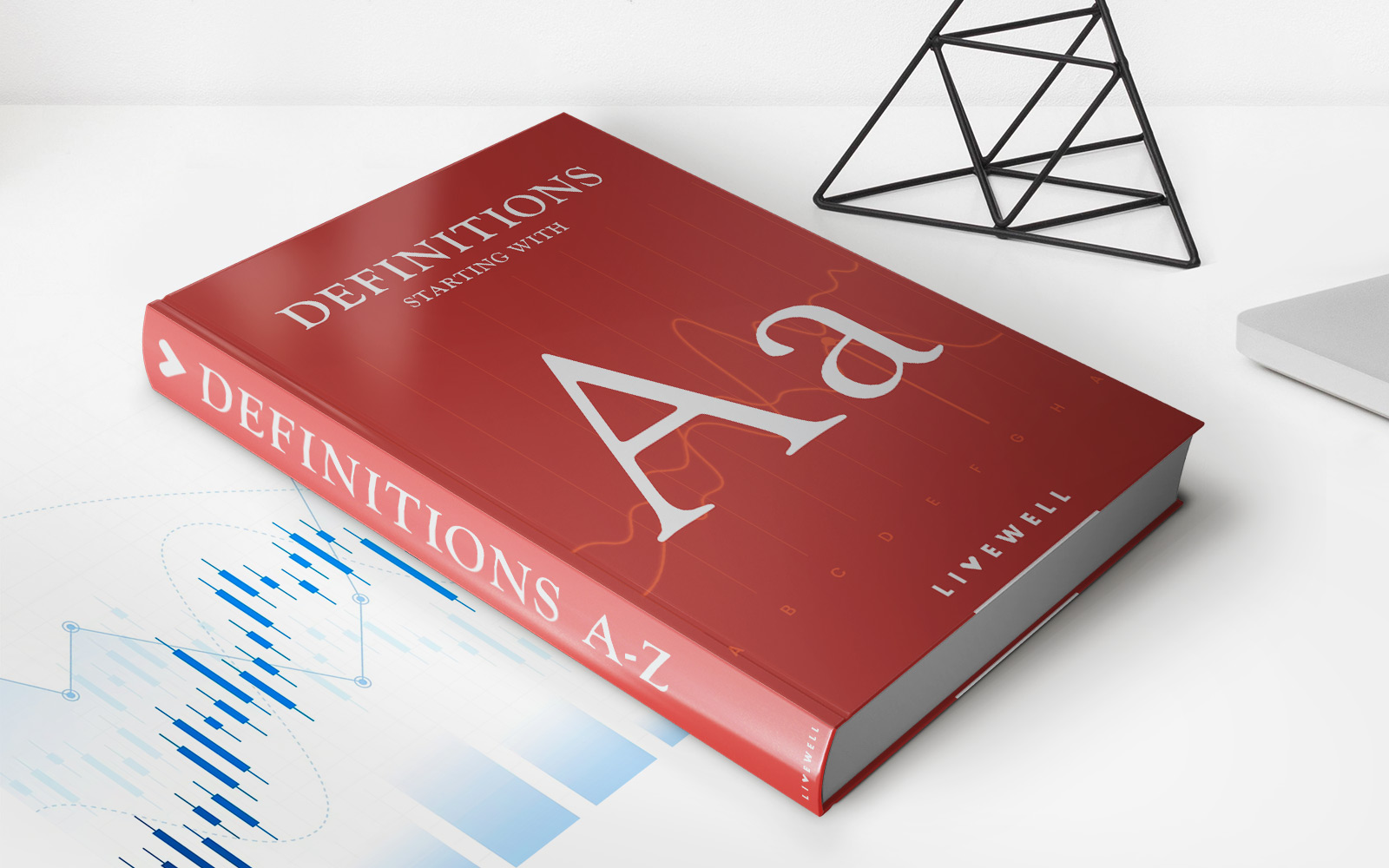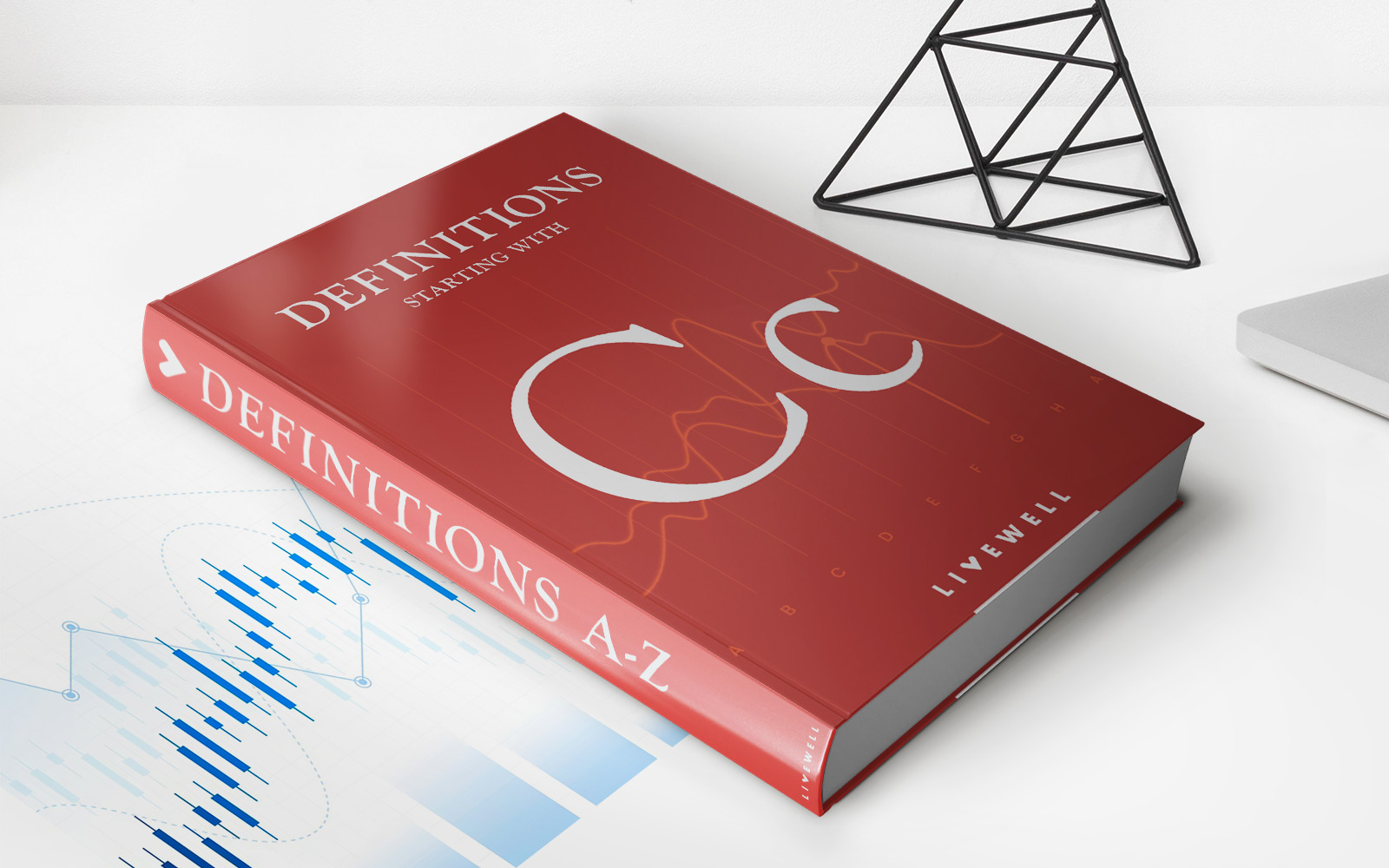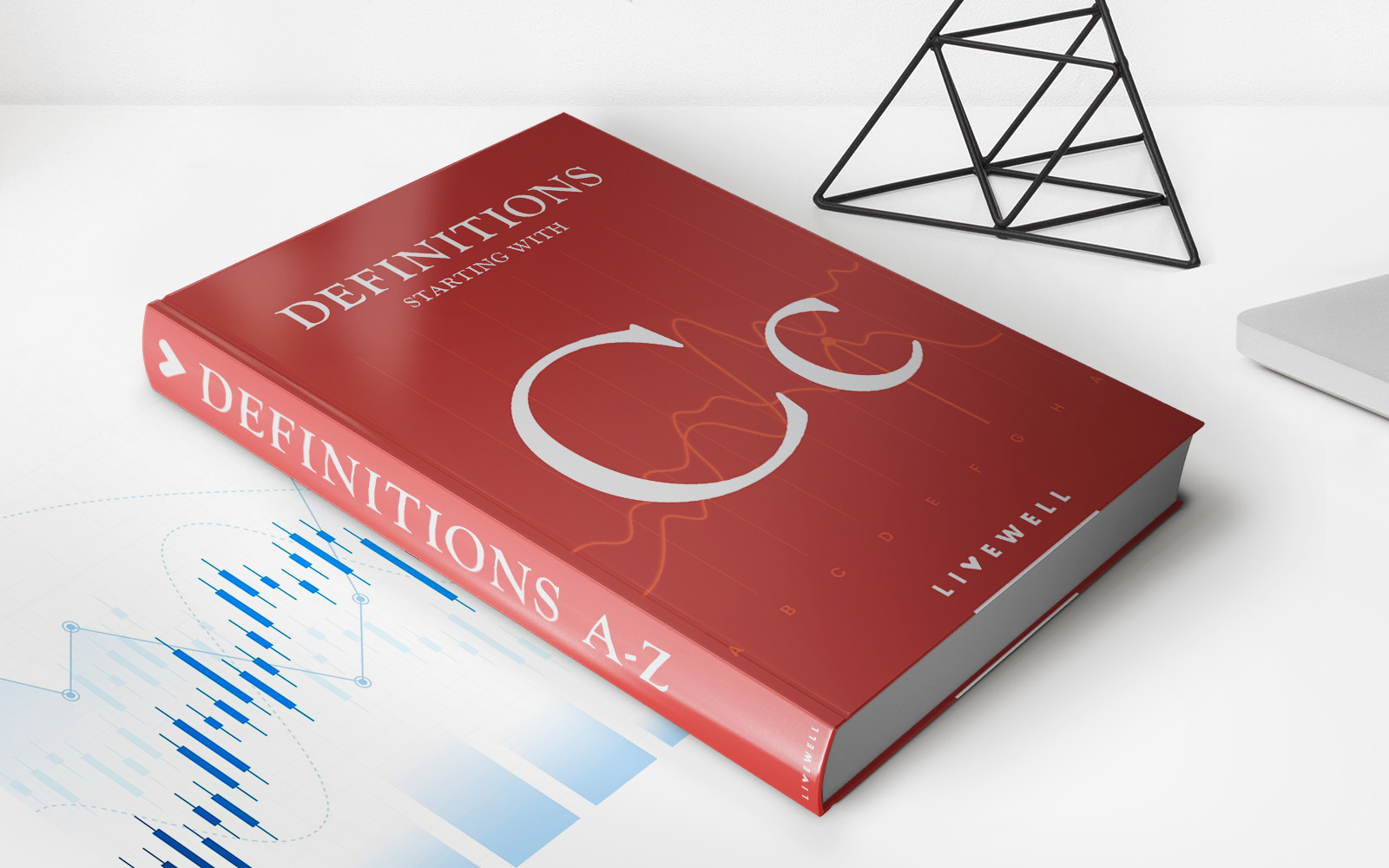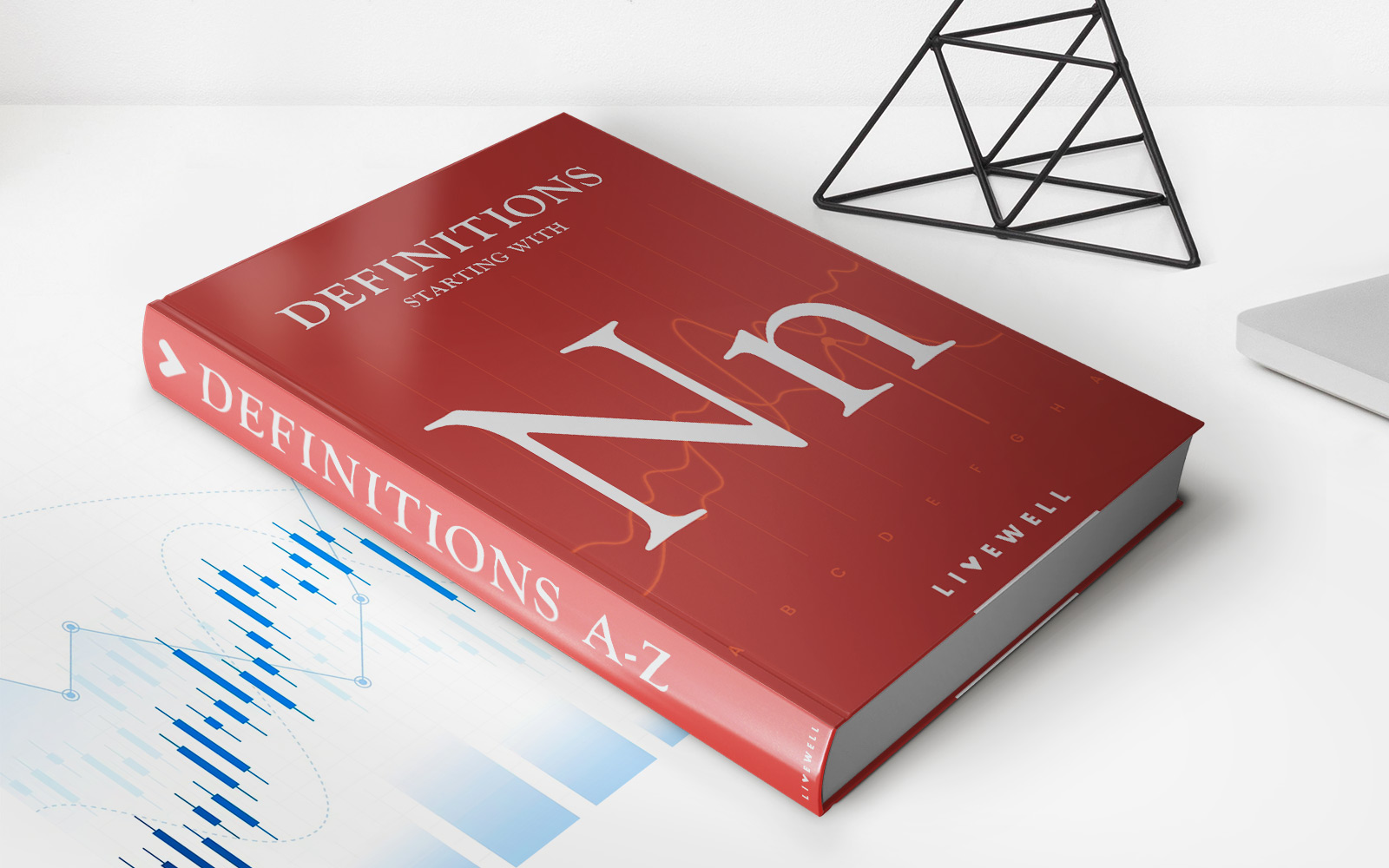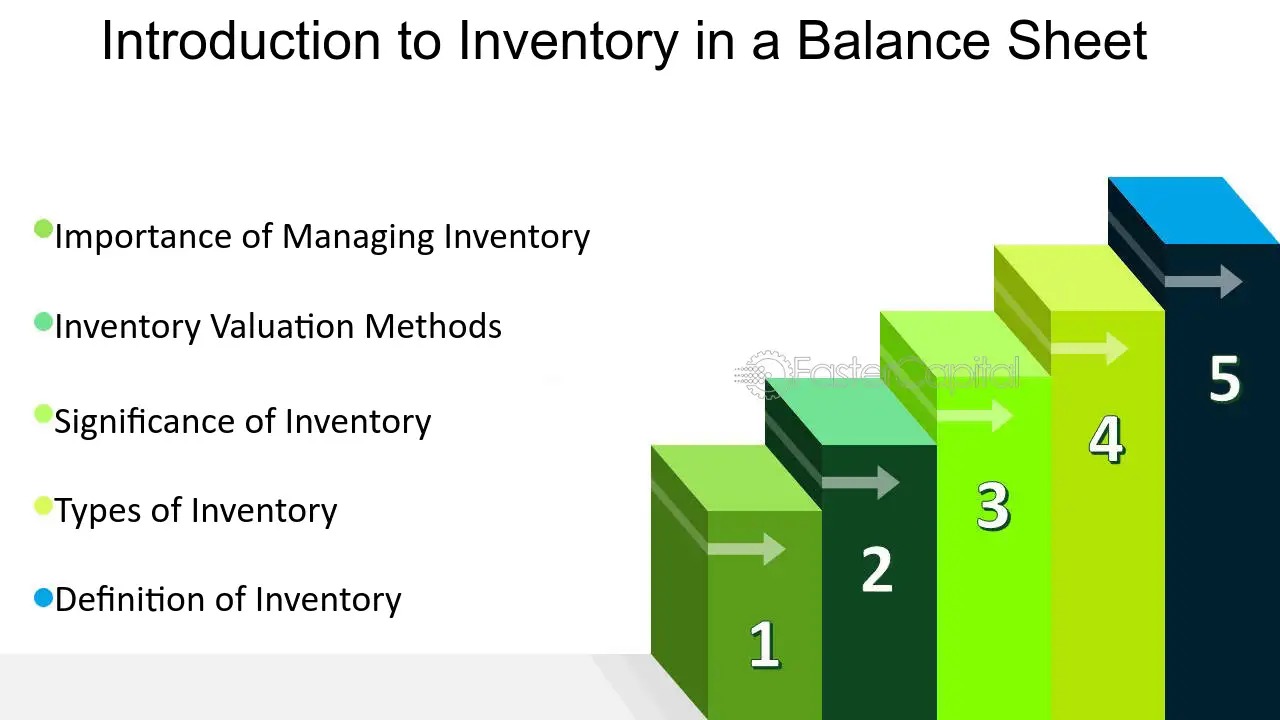Home>Finance>Contingent Beneficiary: Definition, Characteristics, And Benefits


Finance
Contingent Beneficiary: Definition, Characteristics, And Benefits
Published: November 2, 2023
Learn about the definition, characteristics, and benefits of a contingent beneficiary in finance. Discover how this important role can enhance your financial plans.
(Many of the links in this article redirect to a specific reviewed product. Your purchase of these products through affiliate links helps to generate commission for LiveWell, at no extra cost. Learn more)
Understanding Contingent Beneficiary in Financial Planning
Have you ever wondered what would happen to your assets and financial legacy if something were to happen to you? It’s a question that many people overlook, but it’s an important one to address. That’s where the concept of a contingent beneficiary comes into play. In this article, we will explore the definition, characteristics, and benefits of having a contingent beneficiary in your financial planning.
Key Takeaways
- A contingent beneficiary is someone who is designated to receive your assets in the event that the primary beneficiary is unable or unwilling to do so.
- Contingent beneficiaries provide a safety net and ensure that your assets are distributed according to your wishes, even if circumstances change.
What is a Contingent Beneficiary?
In the realm of financial planning, a contingent beneficiary refers to a person or entity who is designated to receive your assets or benefits from a financial instrument, such as a life insurance policy or retirement account, if the primary beneficiary is unable or unwilling to do so.
A primary beneficiary, on the other hand, is the person designated to receive your assets or benefits if you were to pass away. However, life is unpredictable, and circumstances may change. Having a contingent beneficiary ensures that your assets are protected and distributed according to your wishes, even if the primary beneficiary cannot fulfill their role.
The Characteristics of a Contingent Beneficiary
There are several important characteristics of a contingent beneficiary that you should keep in mind:
- Secondary Role: A contingent beneficiary plays a secondary role, only receiving assets if the primary beneficiary is unable or unwilling to fulfill their role.
- Designation: You can designate multiple contingent beneficiaries, outlining the order in which they will receive the assets if the need arises. This allows you to have a backup plan in place, providing flexibility and ensuring your wishes are met.
- Revocable Designation: You can change your contingent beneficiary designation at any time, for any reason. This gives you the freedom to update your financial plans as circumstances change.
- Protection Against Contingencies: A contingent beneficiary designation protects your assets against unforeseen circumstances such as the death, incapacity, or rejection by the primary beneficiary.
The Benefits of Having a Contingent Beneficiary
Having a contingent beneficiary in your financial planning offers several important benefits:
- Peace of Mind: Knowing that there is a backup plan in place can bring peace of mind, knowing that your assets will be distributed according to your wishes.
- Flexibility: You have the flexibility to make changes to your contingent beneficiary designation as needed, ensuring that your financial plans align with your current circumstances and goals.
- Asset Protection: A contingent beneficiary designation protects your assets from being distributed in a way that may not align with your wishes, such as going through probate or being subject to legal disputes.
In conclusion, a contingent beneficiary plays a crucial role in your financial planning. By designating a contingent beneficiary, you ensure that your assets will be distributed according to your wishes, even if circumstances change. This provides peace of mind, flexibility, and asset protection. So, take the time to review your financial plans and consider designating a contingent beneficiary today. It’s an important step towards securing your financial legacy.
